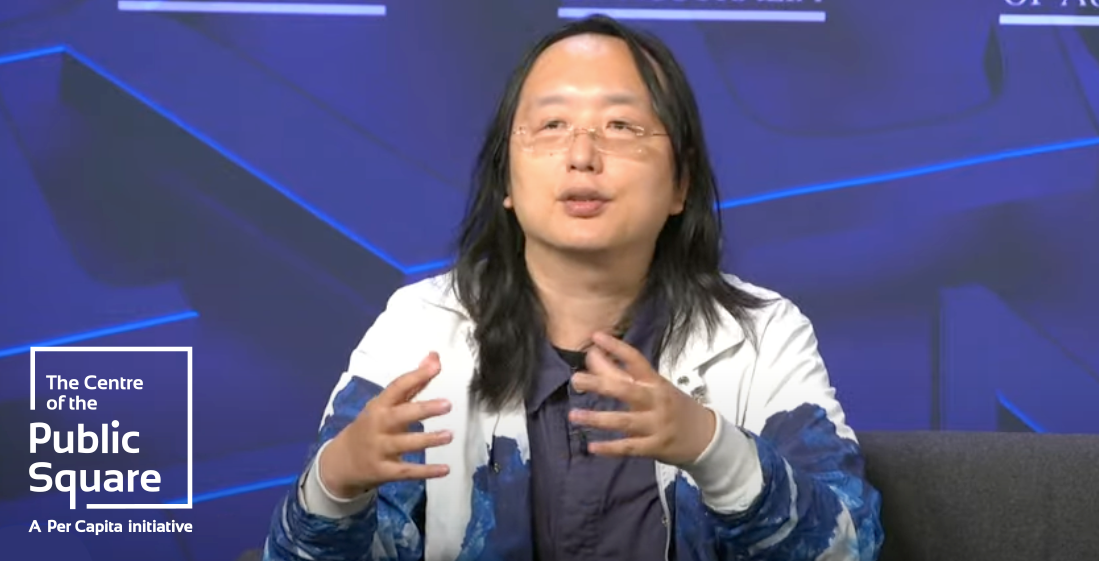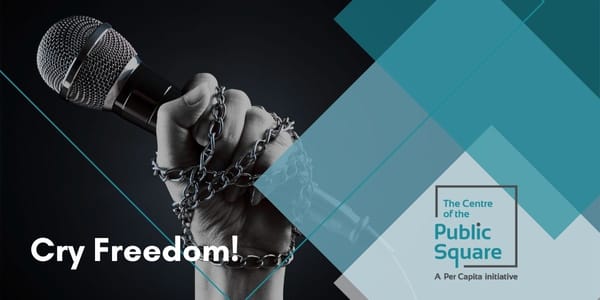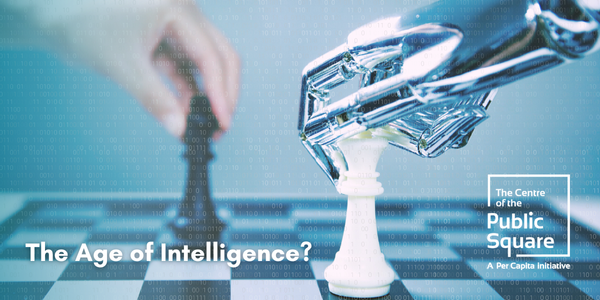Discovering the Unicorn

Hear Ye, Hear Ye.
Some weeks can feel like years when you get the privilege to learn and grow and challenge your assumptions and the past seven days has been that for your humble Town Crier.
The week traveling the nation with Audrey Tang and her off-sider Glen Weyl was a blast, from our live event with the Committee for Sydney, the great discussion with the tech industry group De-Fi, briefings with eager public servants in NSW and Canberra, dinner with federal MPs culminating with the National Press Club speech and a global AI Summit.
You can view the Press Club address here.
A few specific takeaways and reflections.
- The difference between protest and demonstration: Audrey made the point that when you just oppose you may stop something but rarely achieve anything. The 2014 Sunflower Demonstrations, in contrast, were a three-week group project where students rewrote the Trade Deal with China which would have effectively ceded Taiwanese autonomy. The movement demonstrated not just a better trade outcome, which the government adopted, but a better model of citizen empowerment.
- The contrast between civic literacy and civic competence: When Audrey’s Government rewrote the Taiwanese curriculum, students weren’t just taught about how to use technology but directed in how to actually unleash its power – in student fact checking and journalism, in engaging with decision making that meant they reach voting age as active citizens having already played their role in strengthening their society from the info-attacks and contested truths.
- The power of algorithms for good: Learning about the way that technology does not need to feed off the point of maximum conflict but can be programmed to identify the points of connection through bridging algorithms that seek out and preference points of agreement.
- The transformation of public servants when it is safe to experiment: The Presidential Hackathon where public servants can suggest projects to improve their systems anonymously with only those that win revealed as the instigators. In this way it becomes 'safe' to question things and fail in an environment which in most places sees this sort of system as risky.
- The impact of radical transparency: I love Audrey’s process as Minister where all meetings with lobbyists were transcribed for public release. Attendees could choose to redact their comments, but the Ministers’ would be open for all to see. This seems like an incredibly potent accountability tool.
- The dividend of embracing complexity: In most of the meetings I attended with Audrey there was layer upon layer of nuance which she embraced as the driving energy of connections, rather than a bug to be eradicated.
- The elegant simplicity of the tech: With an open-source toolkit, so much of Audrey’s model of civic connection is simply funding problems to be resolved and finding ways to get people to connect. This is not a tech challenge its a people challenge.
- The enthusiasm of our elected representatives: Those we met were intrigued with the Taiwanese experience and keen to find ways to experiment here. It feels like a real entry point to the ideas of the Public Square I’ve been banging on about for the last few years because they are close enough to the action to know the current models aren’t working.
- The tent-pole effect: The way the visit sparked excitement from a range of people who had been following her work who now have a project to coalesce around: from the Amplify team led by Georgina Harrison who funded part of the trip, the wonderful Pia Andrews at Home Affairs, Jess Scully who did a smashing job hosting our Sydney event, to Yaron Finkelstein from Society Advisory, ANU’s Tech Design Policy Centre’s Johann Weaver who was a terrific host in Canberra and last, but not least, Emma Dawson and Meredith Eldridge from Per Capita for their support with this work.
I don’t know if Taiwan is a global unicorn, if its particular history and geopolitics makes the need for strong democratic bonds so important that the system has been forced to change. What I do know is that this is exactly the sort of thinking the Centre of the Public Square was established to foster and if we try these models and they fail at least we will be moving forwards.
Watch this space for what comes next, because there are things coming next.
Emotional Rescue
This week’s Burning Platforms podcast dives into the product liability of AI companion technology with consumer lawyer specialist Professor Jeannie Paterson.
Also this week:
- the UK riots and platform responsibility.
- Musk’s X-rated presidential SNAFU.
- And the people’s bid for TikTok.
You can watch the latest episode here
What We’re Clicking:
AI Bust? Our favourite tech blogger Brian Merchant makes some bold predictions about the generative AI boom
RIP Crowd Tangle: Meta kills the only tool for holding its algorithms to account, spawning this tribute site.
Neural Networks for Dummies: A great explainer of the so-called AI ‘Brain’ on Hal Crawfords substack




